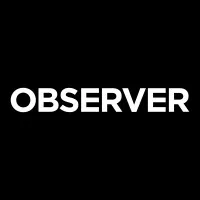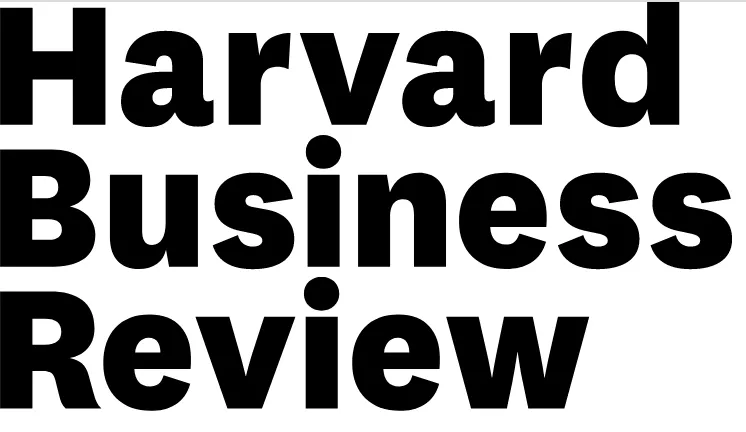What is a Fractional HR Job Description?
A fractional HR leader assumes a multifaceted role, taking on various responsibilities aimed at driving organizational success. Some key functions may include:
HR Strategy Development
An essential role of the fractional HR leader is to develop strategies that align the HR with the business’ overall objectives. As an experienced advisor, they provide senior executives with valuable insights and guidance to make informed business decisions. This might mean designing long-term plans to scale up a workforce during growth phases or downsizing in a way that minimizes disruption and maintains morale.
HR Policies and Procedures
One challenge organizations face is keeping their HR policies and procedures up to date. A fractional HR leader steps into this role to ensure that company policies remain compliant with regulations and best practices. Additionally, they may design a tailored HR policy that meets the specific needs of the company.
Recruitment Efforts
Attracting top talent is crucial for any business, and a fractional HR leader often spearheads this initiative. They work with hiring managers to define role requirements, establish a screening process, and help with negotiations to hire skilled candidates who will embrace the company’s culture.
Training and Developing
Investing in employee development ensures organizations remain competitive and that employees feel valued. A fractional HR leader identifies areas where employees can gain new skills or improve existing ones, and then designs training programs and development initiatives.
Employee Engagement
Company culture is a key factor in employee satisfaction and retention. Fractional HR leaders find innovative ways for employees to connect and collaborate, cultivating a positive work environment where everyone feels included and motivated.
Process Improvements
Fractional HR leaders assess existing HR processes and systems, looking for ways to streamline operations and use resources more effectively. They implement best practices and solutions to enhance HR efficiency and effectiveness.









